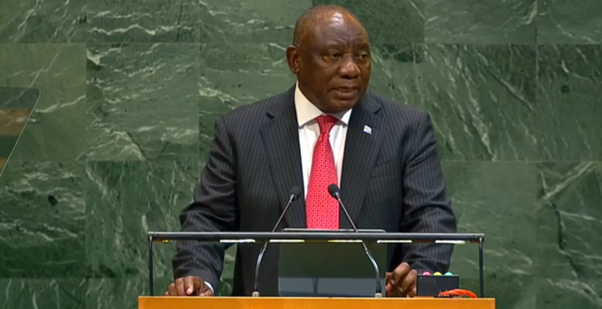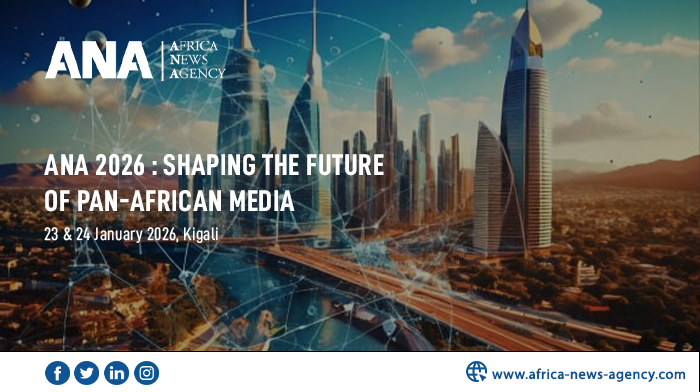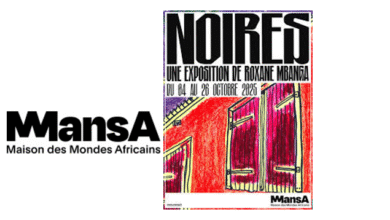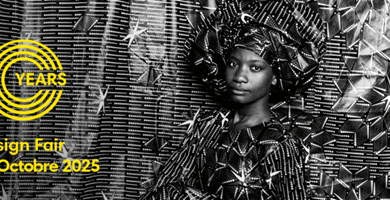UN 2025 : in New York, Africa demands its promises
The 80th United Nations General Assembly, held from September 9 to 23 in New York, placed Africa at the center of the discourse—between calls for peace in Sudan, climate justice, and reform of the global financial system. Yet behind the declarations, African delegations depart with a mixed reality: enhanced diplomatic visibility, but few concrete commitments. A review of the 2025 UN General Assembly’s conclusions.

The UN gathering in September confirmed that Africa is no longer relegated to the margins of global debates. Interventions by its heads of state and diplomats shaped the 80th General Assembly session, focusing on four urgencies: peace, climate, development financing, and the reform of global governance. But though the continent gained presence at the podium, it still awaits the translation of promises into action.
Africa stands at the centre of that opportunity. It is time to invest in its people, its potential and its future
At the opening, António Guterres set the tone. “Africa stands at the centre of that opportunity. It is time to invest in its people, its potential and its future,” declared the UN Secretary-General during the Unstoppable Africa 2025 forum. Reminding the audience that “the continent’s critical minerals are essential to the global transition,” he repositioned Africa in the heart of the green technology battle. That symbolic recognition contrasts sharply with the persistent difficulty of mobilizing financing tailored to Africa’s needs.
The Sudan issue illustrates this contradiction. The civil war, which has already claimed tens of thousands of lives and displaced over 10 million people, dominated the debates. Calls for a humanitarian ceasefire and an inclusive political process were repeated. Yet by the session’s end no binding roadmap had been adopted. To many African observers, this international inaction fosters a sense of abandonment.
African populations are already paying the price of droughts, floods and food crises
Climate proved another diplomatic battleground. Africa, responsible for less than 4% of global emissions but among the most exposed regions, insisted on climate justice. Leaders emphasized the need for stable funding for adaptation and loss & damage. “African populations are already paying the price of droughts, floods and food crises,” Kenyan President William Ruto reminded. Yet the session failed to establish a mechanism specifically for Africa, deferring the matter to COP30.
On the economic front, the debt question took center stage
On the economic front, the debt question took center stage. “Many African countries pay more for debt service than for education and health,” decried Cyril Ramaphosa, President of South Africa. He urged a thorough reform of the international financial institutions, a call echoed by many African states. Parallel forums hailed green industrialization and digital transformation as growth levers, but many African experts warned of a “promise book” in which spectacular announcements risk being left without follow-through.
World governance reform also animated the debates. African delegations demanded greater representation on the Security Council and within major financial institutions. While their appeals resonated far and wide, no structural changes were adopted, confirming Africa must continue to fight to reshape the multilateral architecture.
In the adopted documents, one finds symbolic advances: stronger support for African peacekeeping missions, reaffirmation of the AU’s Agenda 2063, and the Sustainable Development Goals. But these commitments lack specificity on timelines and financial backing.
Operationally, the results remain limited
At the conclusion of the session, Africa emerges with a dual reality. Diplomatically, its visibility has undeniably increased, and its demands—on climate justice, debt relief, and a stronger role in global governance—are now morally and politically harder to contest. But operationally, the results remain limited. The real test awaits: to transform resolutions into budgets, promises into projects, and rhetoric into real impact on the ground.
As one West African diplomat quoted on the sidelines put it: “We have won the battle of words. The decisive battle will be that of means.”







